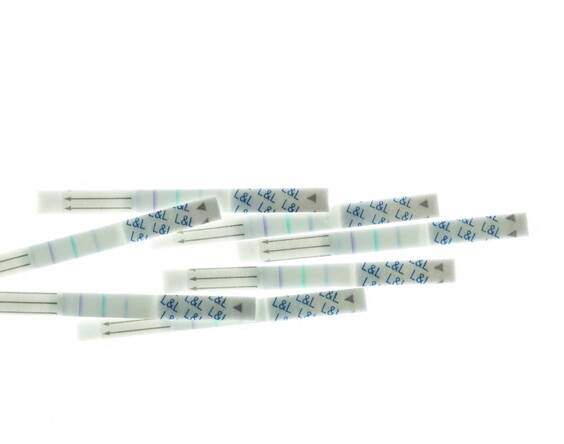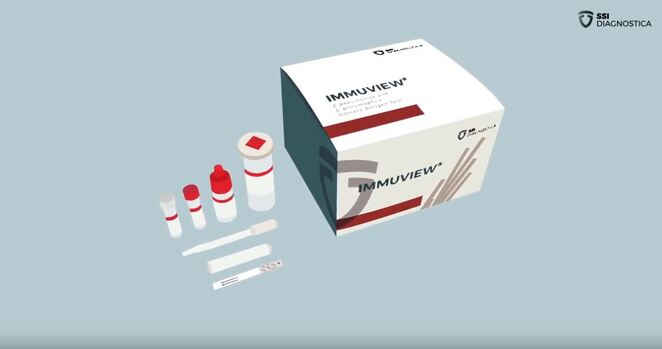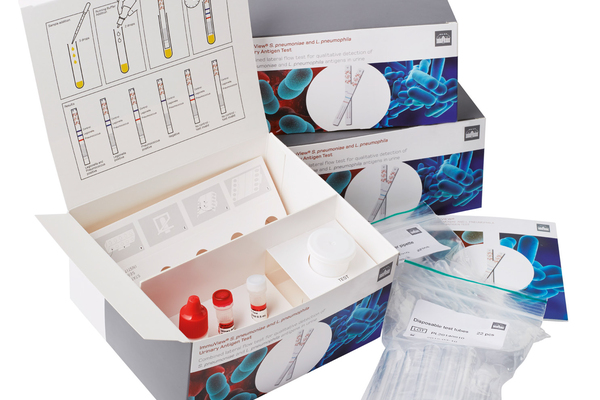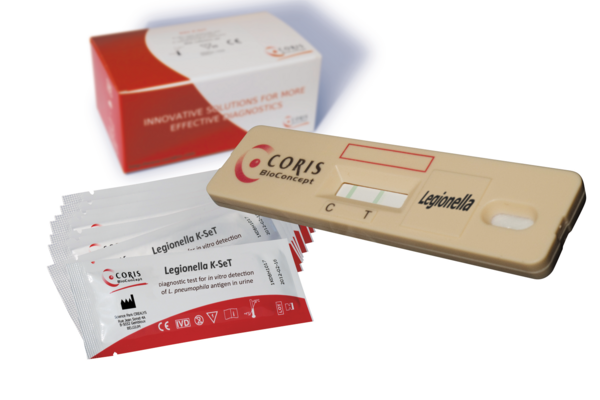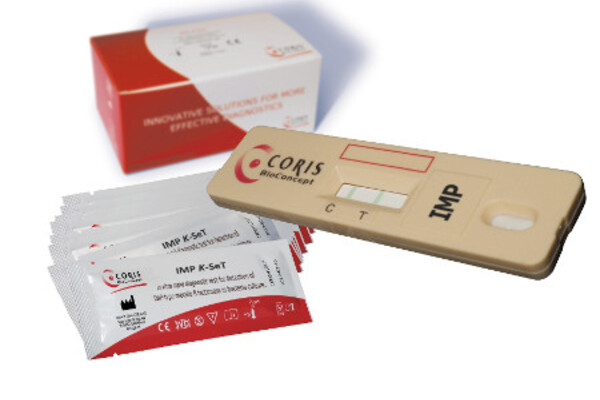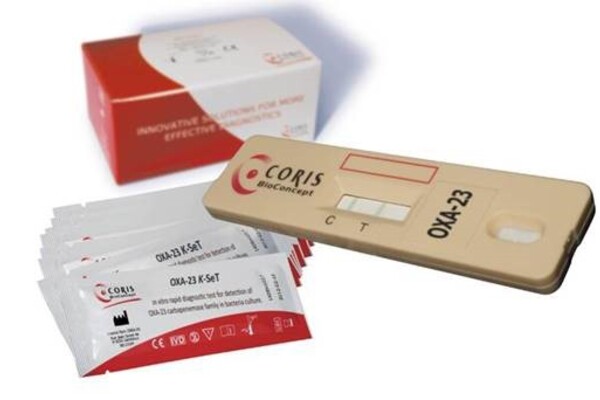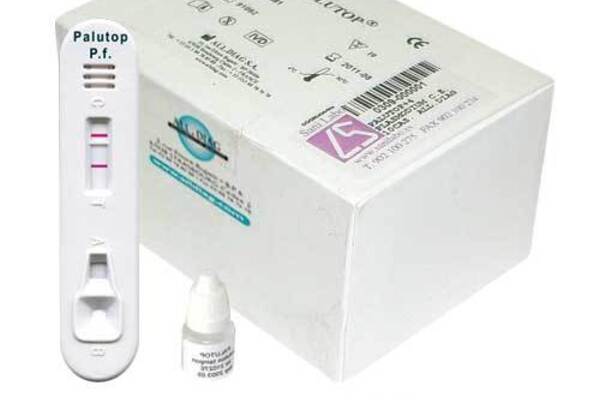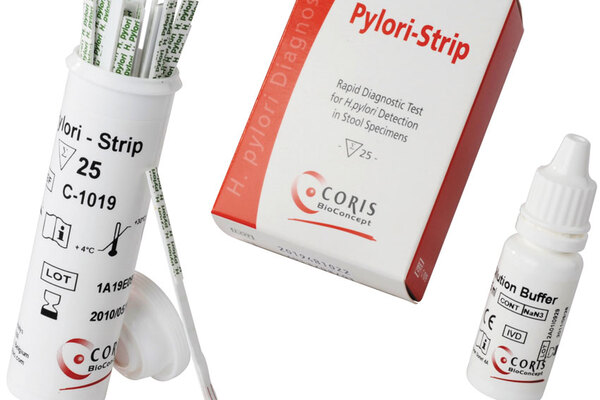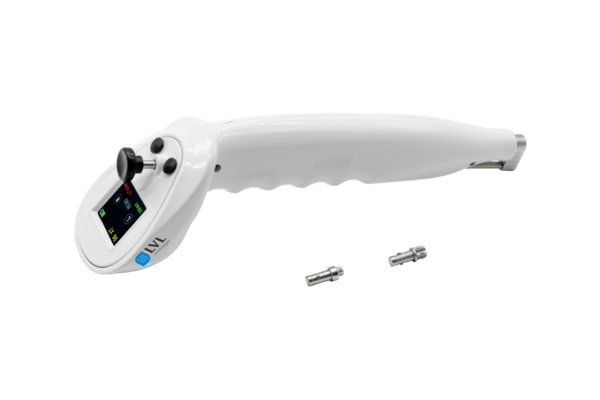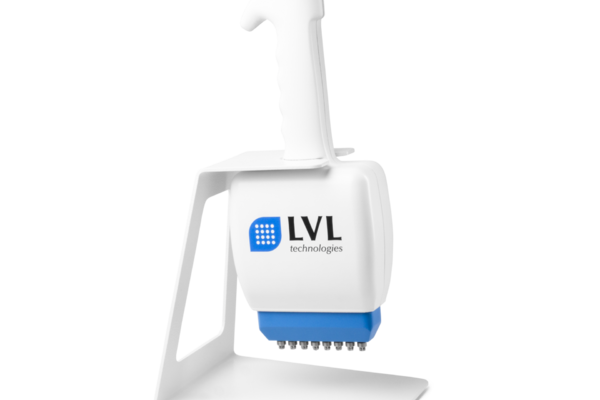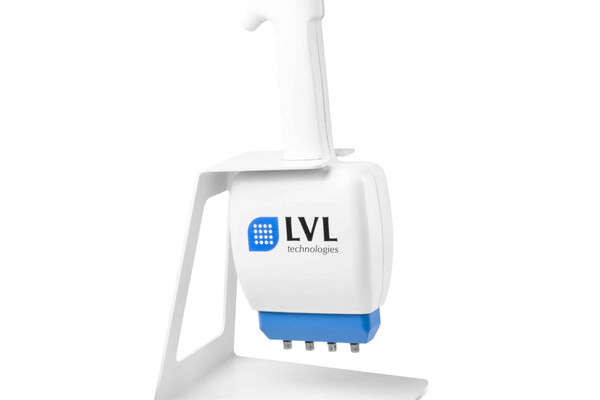Laboratory diagnostics
IMMUVIEW L. pneumophila and L. longbeachae Urinary Antigen Test
ImmuView® L. pneumophila and L. longbeachae Urinary Antigen Test is the first of its kind to provide diagnostics for both L. pneumophila and L. longbeachae in one test.
IMMUVIEW L. pneumophila and L. longbeachae Urinary Antigen Test
ImmuView® L. pneumophila and L. longbeachae Urinary Antigen Test makes it possible to readily detect Legionella antigens in patients with presumed Legionella infection (Legionnaire’s disease) and thereby allows clinicians to initiate the correct antibiotic treatment to improve the outcome for the patient.
Legionella infections cause costly hospital and ICU admissions, and it is difficult to clinically distinguish between the Legionnaire’s disease and other respiratory infections. Due to different treatment of the diseases an early diagnosis and appropriate treatment is vital.
L. longbeachae is an emerging infection and the second most common Legionella species causing human infection1,2,3,4. ImmuView® L. pneumophila and L. longbeachae Urinary Antigen Test is the first of its kind to provide diagnostics for both L. pneumophila and L. longbeachae in one test.
Benefits
Improve your diagnostics with ImmuView® L. pneumophila and L. longbeachae Urinary Antigen Test and benefit from several factors:
- Rapid and simple detection of Legionella
- Initiate the correct antibiotic treatment to improve patient outcome
- Higher sensitivity and specificity
- Broader detection of L. pneumophila serogroup 1 and non-serogroup 1
- Collecting urine is non-invasive and easy
- Testing for L. pneumophila is recommended in guidelines in several countries5,6
- First rapid test for detection of L. longbeachae
- Results in 15 minutes.
References
- Currie S., L. and Beattie T., K. 2015, Compost and Legionella longbeachae: an emerging infection? Perspectives in Public Health, Vol. 135, no.6 pp. 309-315.
- Kümpers P. et al, 2008, Legionnaires’ disease in immunocompromised patients: a case report of Legionella longbeachae pneumonia and review of the literature, Journal of
Medical Microbiology, Vol. 57, PP. 384-387. - Wei, S-H. et al 2014, Legionnaires’ disease caused by Legionella longbeachae in Taiwan, 2006-2010, International Journal of Infectious Diseases, Vol. 19, PP. 95-97.
- Graham, F., F. et al, 2011. Changing epidemiological trends of legionellosis in New Zealand, 1979-2009. Epidemiology & Infection, Vol. 140, PP 1481-1496.
- NICE National Institute for Health and Care Excellence. Pneumonia in adults: diagnosis and Management. www.nice.org.uk/guidance/cg191 (published December 3, 2014).
- R. Menéndez et al. Community Acquired Pneumonia. New Guidelines of the Spanish Society of Chest Diseases and Thoracic Surgery (SEPAR). Arch Bronconeumol. 2010;46(10):543–558
| Packing | 1 box |
| Quantity | 22 tests |
Products in this assortment
- Susceptibility testing (13)
- Quality control (11)
- Rapid tests (6)
- Mycobacteria (2)
- Bacterial identification (2)
- Media (7)
- Uricult (1)



